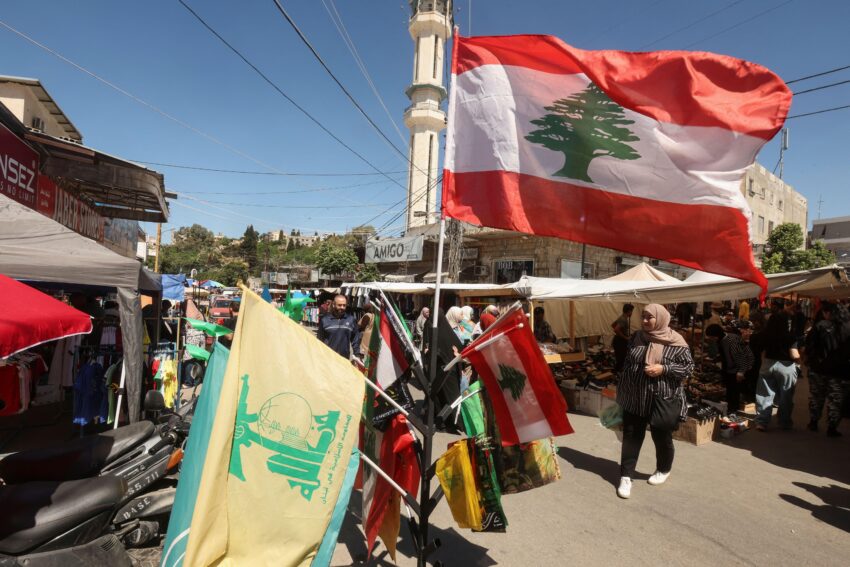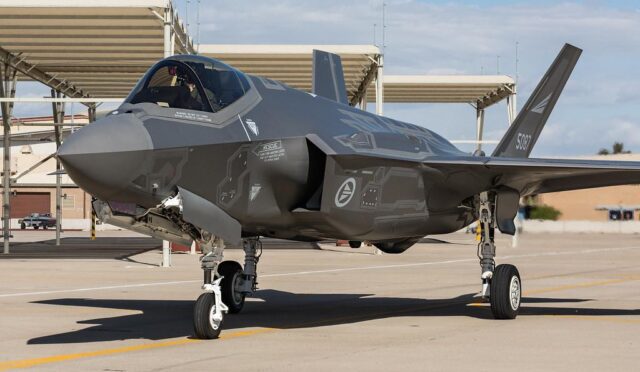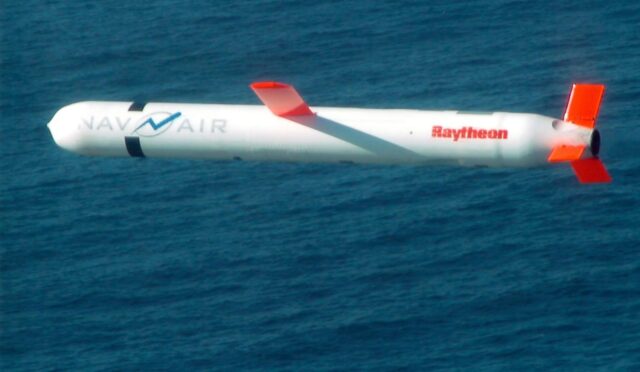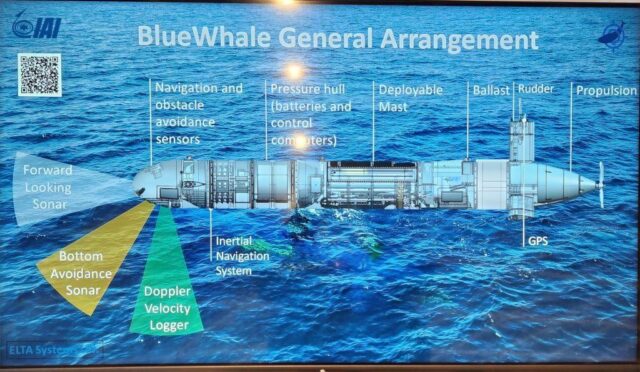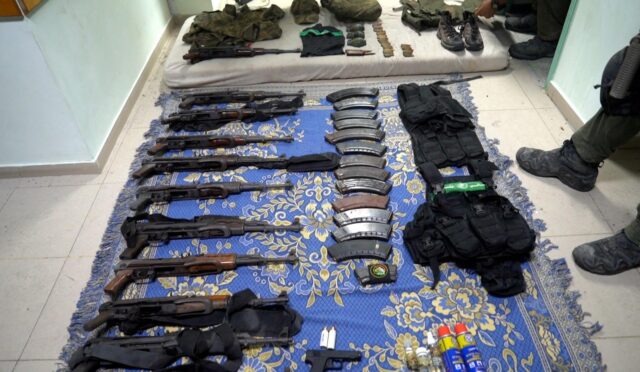Israeli Strikes Target Hezbollah in Southern Lebanon
In a recent escalation of violence, Israeli strikes in southern Lebanon have led to the fatalities of two individuals, as reported by Lebanon’s Health Ministry. This airstrike targeted areas associated with Hezbollah, defying the currently active ceasefire agreement. One of the casualties was a motorcyclist in Arnoun, a village approximately 5 kilometers from the Israeli border. The strike was part of a broader operation by the Israeli military, which has been engaged in ongoing confrontations with the militant group.
The Israeli army confirmed its actions, stating that they had successfully targeted Hezbollah operatives. Specifically, they reported neutralizing a terrorist involved in anti-tank operations in Arnoun and another Hezbollah member in the vicinity of Aita al-Shaab. These strikes imply a continued focus on disabling Hezbollah’s military capabilities, even in the aftermath of a ceasefire agreement.
Ceasefire Tensions and Continuous Conflict
Although a ceasefire was established on November 27, signaling an end to over a year of hostilities against Hezbollah, tensions remain high. The ceasefire followed a two-month period of intense conflict, during which Hezbollah was left significantly weakened. Despite the truce, Israeli forces have not halted their operations; just days prior, two people were killed in strikes across southern Lebanon.
Under the terms of the ceasefire, Hezbollah was to relocate its fighters north of the Litani River, situated about 30 kilometers from the border, and dismantle its military positions in southern Lebanon. On the other hand, Israel was expected to withdraw its troops from Lebanese territory but has retained a strategic presence at five locations along the border, raising concerns about further escalations.
Lebanese Military Response and Regional Implications
In response to the ongoing hostilities, the Lebanese army has been actively deployed in southern Lebanon. Their primary objective is to dismantle Hezbollah’s military infrastructure, which remains a point of contention in the region. The actions taken by the Lebanese army underscore the complexities of the security situation, as they seek to establish control amidst a backdrop of foreign military interventions.
The continued airstrikes by Israel not only highlight the fragility of the ceasefire but also reflect the broader geopolitical dynamics at play. As tensions rise, the risk of further violence remains palpable, necessitating a concerted effort from all parties to address the underlying issues driving this prolonged conflict.
